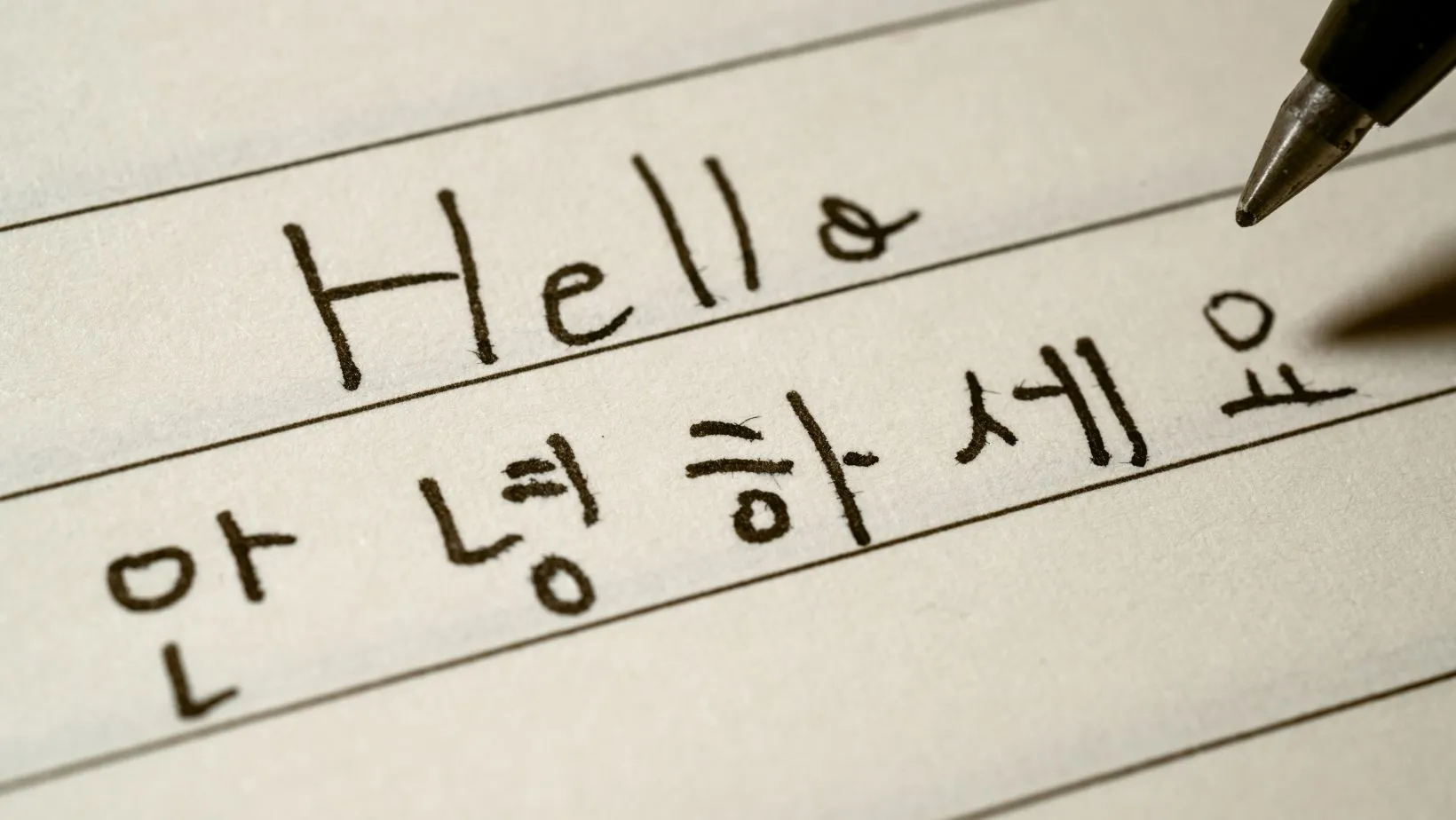How to Say Little Sister in Korean
When it comes to learning a new language, understanding how to address family members is an essential part of the process. If you’re interested in knowing how to say “little sister” in Korean, I can help you out. In Korean, the term for “little sister” is “여동생” (yeodongseng). This word is commonly used to refer to a younger sister within the family.
To break it down further, “여” (yeo) means “female,” and “동생” (dongseng) translates to “younger sibling.” So when combined, you get “여동생,” which specifically refers to a younger sister. It’s worth noting that this term is typically used by older siblings or individuals addressing their own sisters in a casual setting.
Learning how to address family members in different languages can be fascinating. Now that you know how to say “little sister” in Korean as “여동생” (yeodongseng), you can confidently use this term when communicating with native Korean speakers or even while watching K-dramas or listening to K-pop songs!

The Meaning of Little Sister in Korean
In Korean, the term for little sister is “여동생” pronounced as “yeo-dong-saeng”. Let’s dive into the meaning and usage of this term.
Cultural Significance
The concept of family holds great importance in Korean culture, and specific terms are used to denote familial relationships. Addressing someone as a little sister reflects the hierarchical structure within the family unit and conveys a sense of affection and care.
Usage and Context
The term “여동생” is used to refer to one’s younger sister or a female sibling who is younger than oneself. It can be used by both males and females when addressing their younger sisters directly or when talking about them with others.
Alternative Expressions
While “여동생” is the most common way to say little sister in Korean, there are alternative expressions that can be used depending on the context or personal preference. Some other terms include “언니” (pronounced as “eonni”), which means older sister when addressed by females, or “막내 여동생” (pronounced as “maknae yeo-dong-saeng”), which specifically refers to the youngest sister in a family.
Cultural Etiquette
When using these terms, it’s essential to consider cultural norms and etiquette. In Korean society, respecting age-based hierarchies is crucial, so addressing someone appropriately based on their age is expected. Younger individuals typically use honorifics when speaking to older siblings as a sign of respect.
Remember that language evolves over time, and regional dialects may have variations in how certain words are spoken or understood. It’s always best to consider context and consult native speakers for precise usage in different situations.
So next time you want to address your little sister in Korean, remember that you can call her “여동생,” reflecting your bond and the cultural significance of family ties in Korean society.






